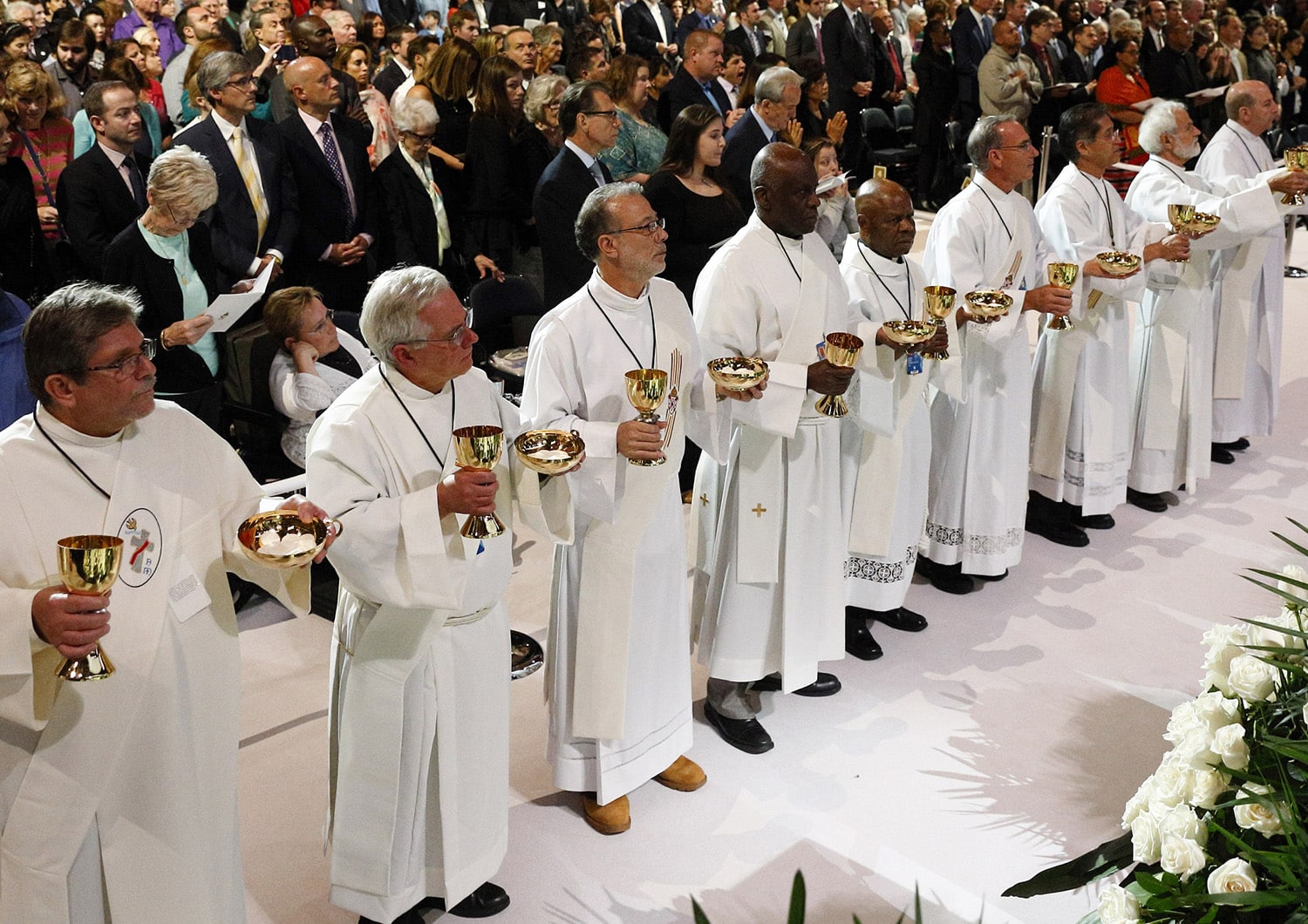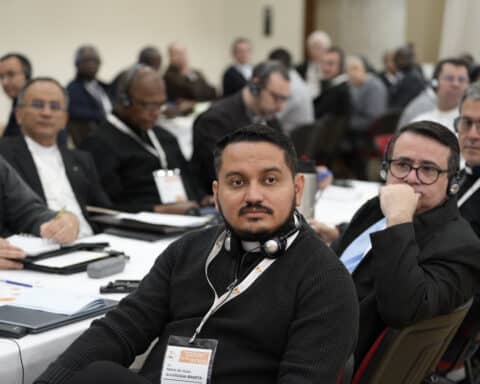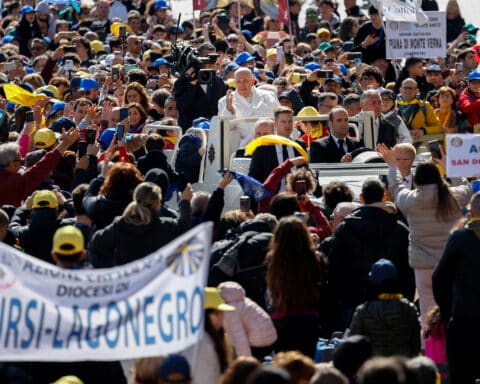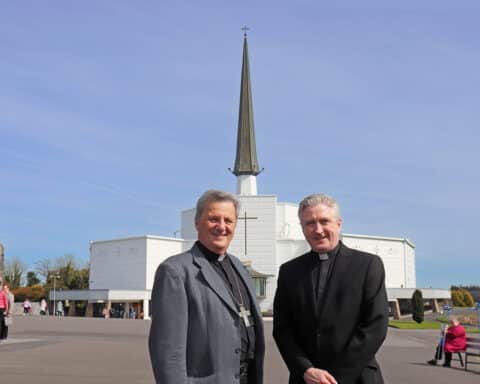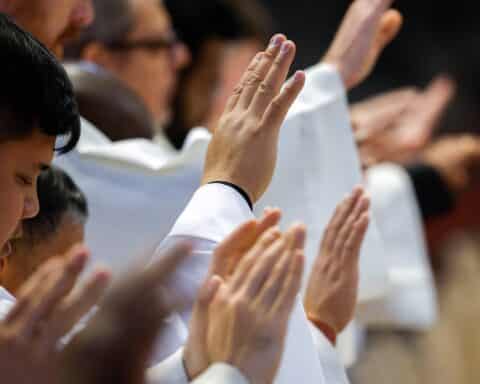In a heartfelt call for greater inclusivity in the Church’s synodal process, Deacon Dominic Cerrato is drawing attention to the notable absence of the diaconate in the ongoing 16th Ordinary General Assembly of the Synod of Bishops. Despite the assembly of more than 450 bishops, priests, religious and lay Catholics, Deacon Cerrato described the lack of representation from the diaconate as leaving “a critical gap” to Our Sunday Visitor.
Deacon Cerrato, who was appointed to the 2020 papal commission on women and the diaconate, emphasized the unique vocation of deacons who bridge the Church’s sacramental life with its mission to serve the needy and marginalized. He underscored how deacons, many of whom are embedded in secular professions and are often married, carry the evangelizing grace of ordination into various spheres of life, enriching the Church’s mission in a unique way.
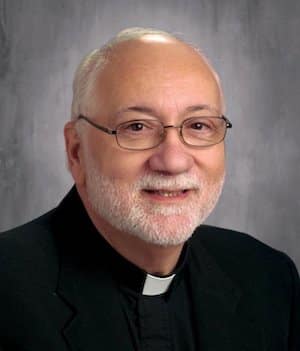
“The exclusion of the diaconate, though it has been restored for 50 years now, demonstrates that the diaconate has not fully entered the Catholic imagination,” Deacon Cerrato said.
Deacon Cerrato’s concern is that, without the diaconate’s presence, discussions at the synod risk overlooking the full breadth of the Church’s identity and mission.
“Deacons are sent to the periphery, engaging in ministry in hospitals, nursing homes, jails and with the impoverished,” he explained, highlighting the unique position deacons hold in being able to navigate between the sanctuary, the nave and the wider world.
This, Deacon Cerrato argued, offers invaluable insights and experiences that could greatly contribute to the synodal discussions, particularly those concerning the diaconate itself.
Addressing oversight
To address this oversight, Deacon Cerrato penned a letter to Cardinal Mario Grech, secretary general of the Synod of Bishops, proposing the inclusion of permanent deacons in future synodal gatherings.
“Such an inclusion would not only make Christ the Servant sacramentally present but would remind participants that the Church is, at her core, a servant Church,” Deacon Cerrato stated, emphasizing the Church’s fundamental call to service. “The diaconate is designed not for itself, not for simply service for servicing, but the call to Church on to service herself.”
The letter, which Deacon Cerrato invites others to support, is not a petition but a gesture of respect, support and shared commitment to prayerfully accompany the Church through the synodal process. This move seeks to ensure that the voice of the diaconate is heard in discussions that shape the Church’s direction, furthering the embodiment of the Church’s essence as a communion of persons, each with distinct gifts and services.
As the Church embarks on its synodal journey, the potential inclusion of deacons could significantly enhance its capacity to fully live out its mission of service and evangelization. According to Deacon Cerrato, this inclusion is not just about representation but about ensuring a more comprehensive understanding of the Church’s diverse body in its deliberations and decisions, a crucial aspect that should not be delayed.

